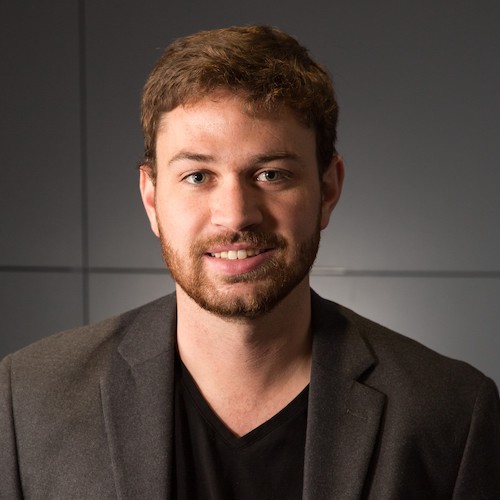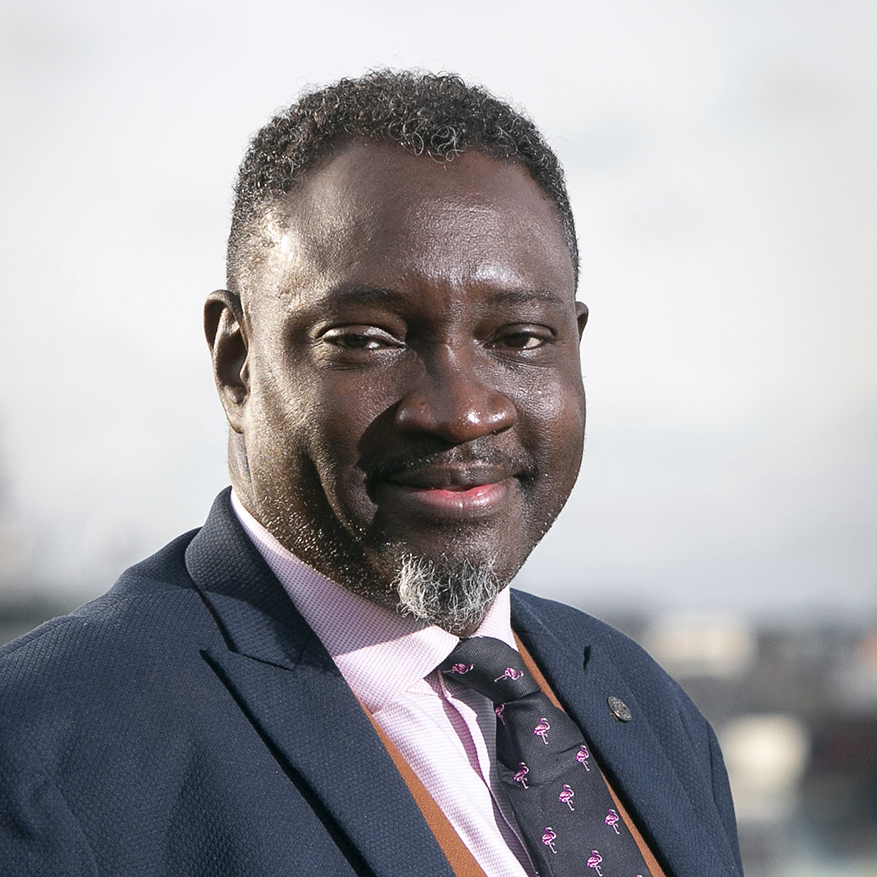Session Area Descriptions
Fundamentals of Fluidization
See Fundamentals Sessions here
Sessions will cover topics in all aspects of fluidization and fluid particle systems involving gas/solid, liquid/solid and gas/liquid/solid phases. Contributions will include research related to experimental, analytical and computational approaches elucidating the mechanism of reactive and non-reactive fluid-particle interactions and their effects on flow systems.
Fluidization Modelling
Sessions will cover topics related to the development of new modelling methodologies and the application of existing methodologies to better understand the nature of fluidization and fluid-particle system behaviour for systems composed of gas/solid, liquid/solid or gas/liquid/solid phases. Contributions will include research related to the development and application of models to elucidate the fundamental nature of reactive and non-reactive fluid-particle interactions and their effects on the flow system.
Applications of Fluidization
See Applications Sessions here
Contributions will focus on any application of fluidized bed technologies. For example, topics may cover, but are not limited to, experimental or computational studies related to solid motion and mixing, heat transfer in circulating fluidized beds, fluid dynamics modelling and reactive systems. In addition, any novel measurement or simulation techniques in fluid-particle systems are of interest. Submissions are encouraged in the wide range of applications of fluidization in technology and nature, from chemical manufacturing, energy and environmental processes, to geophysical flows.
Social Values
Sessions in this track will discuss the professional values that are critical to building and sustaining a thriving fluidization community: educational activities, professional development (forging new collaborations, tackling new research areas, using social media, communicating effectively, building leadership skills, etc.), and DEI (diversity, equity, and inclusion). Contributions describing new programs, past experiences, best practices, and research related to these and related topics are invited.
- Panel Session: Implicit Bias and Underrepresentation in STEM fields - Tuesday, 23 May, 3:15 – 5:15pm, Edinburgh Suite 1
 Moderator: Professor Kate Sang, Heriot-Watt University. Kate Sang is a Professor of Gender and Employment Studies, specialising in research which aims to improve marginalized people’s careers, with a particular interest in women and disabled people’s careers.
Moderator: Professor Kate Sang, Heriot-Watt University. Kate Sang is a Professor of Gender and Employment Studies, specialising in research which aims to improve marginalized people’s careers, with a particular interest in women and disabled people’s careers.- Panelists
- Dr. Yvonne Baker, OBE, IChemE. Dr. Baker is the newly appointed CEO of IChemE. Dr. Baker is currently Chief Executive of STEM Learning, the largest provider of science, technology, engineering and mathematics (STEM) education and careers support to schools, colleges and community groups across the UK, a role she has held for twelve years.
 Prof. Chris Boyce, Columbia University – Professor Boyce is an Associate Professor who conducts research in fluidization and has served on DEI committees for the School of Engineering and the Department of Chemical Engineering at Columbia. He organizes a National Science Foundation (NSF) Research Experiences for Undergraduates (REU) Site and a collaboration with Tuskegee University to provide research experiences for students from underrepresented backgrounds.
Prof. Chris Boyce, Columbia University – Professor Boyce is an Associate Professor who conducts research in fluidization and has served on DEI committees for the School of Engineering and the Department of Chemical Engineering at Columbia. He organizes a National Science Foundation (NSF) Research Experiences for Undergraduates (REU) Site and a collaboration with Tuskegee University to provide research experiences for students from underrepresented backgrounds. Dr. Ollie Folayan, Optimus. Dr. Folayan is the Head of Process at Optimus Plus Aberdeen and a Visiting Professor at the University of Dundee. He is the co-founder of the Association for Black Engineers (AFBE -UK) and currently serves as Chair of AFBE-UK Scotland.
Dr. Ollie Folayan, Optimus. Dr. Folayan is the Head of Process at Optimus Plus Aberdeen and a Visiting Professor at the University of Dundee. He is the co-founder of the Association for Black Engineers (AFBE -UK) and currently serves as Chair of AFBE-UK Scotland. Dr. Anna Köhler, Bioshare. Dr. Köhler received her Ph.D. from Chalmers University of Technology (Sweden), where she served as Vice Chair of the Doctoral Students Guild, representing graduate students’ interests at the university; currently a project and development engineer at start-up BioShare, aiming to transform fluidized bed boilers into polygeneration units. Anna’s Ph.D. research was on mixing in fluidized beds.
Dr. Anna Köhler, Bioshare. Dr. Köhler received her Ph.D. from Chalmers University of Technology (Sweden), where she served as Vice Chair of the Doctoral Students Guild, representing graduate students’ interests at the university; currently a project and development engineer at start-up BioShare, aiming to transform fluidized bed boilers into polygeneration units. Anna’s Ph.D. research was on mixing in fluidized beds. - Allison Wall, EPSRC - Alison is Deputy Director with responsibility for realising excellence in people and accessing talent through equality, diversity and inclusion delivery plan priorities. Alison is also Programme Director for the Additional Funding Programme for Mathematical Sciences and is incoming chair for the UK Research and Innovation (UKRI) Research Careers Network and the UKRI EDI Implementation Group.
- Register for the Social Values Panel - Fluidization XVII conference registration includes admission to the panel
- Contributed Talks
- Nina Baker - Fundamentals Session 3 - Monday, 22 May, 4:15 PM - Finding the Golden Threadsd: A History of (some) Women in Chemical Engineering
- David Pallarès - Modelling Session 1 - Monday, 22 May, 2:15 PM - A Hard Toolbox to Improve Supervision of PhD Studies
- Carol Marsh - Modelling Session 4 - Tuesday, 23 May, 6:00 PM - How my choices shaped my career
- Max Winkelmann and Roxana Larijani – Applications Session 5 - Wednesday, 24 May, 11:00 AM - The Real-Life Experience of two Ph.D. Candidates in an ITN: Benefits and Challenges
- Christine Hrenya - Fundamentals Session 6 - Wednesday, 24 May, 3:45 PM - We Want You to Talk during Class: A New Graduate Course on the Oral Communication of Science



